Podcast: Play in new window | Download (Duration: 1:17:09 — 35.9MB)
So, we all love Boba Fett, right? Especially in the original films?
We must.
Just take a look on the internet.

At a quick glance, I see that there are rumors of a Boba Fett standalone film, and many, many articles about how the prequels “ruined” this amazing character. Might be a bit of a stretch there. Yes, Boba Fett is super cool, obviously, but is he even a fully formed character in the originals? Just saying.
Well, sorry, that’s not the Boba we are talking about today. What interested me, psychologically speaking, is his identity as a clone and how he was raised.
Editor’s Note: You’ll recognize Dave as a frequent podcast guest of ours and the host of Pop Culture Case Study which combines films with psychology in a fascinating way!
In this clip, you can see that Boba, at the behest of his father, is willing to do some pretty terrible things to protect himself and his dad.
So, not only does Boba do some pretty rough stuff, but he seems pretty cold and calculating through all of his dealings with Obi-Wan Kenobi, even as a young child.
Why? First let’s take a look at the Star Wars canon so we have a jumping off point.
According to the Star Wars Wiki, Boba Fett was a male human bounty hunter, and the genetic clone of infamous bounty hunter Jango Fett. Boba was created by the cloners on Kamino and was physically identical to the clone troopers created for the Grand Army of the Republic, though Boba was unaltered and did not grow at the same accelerated rate as the other Jango clones.
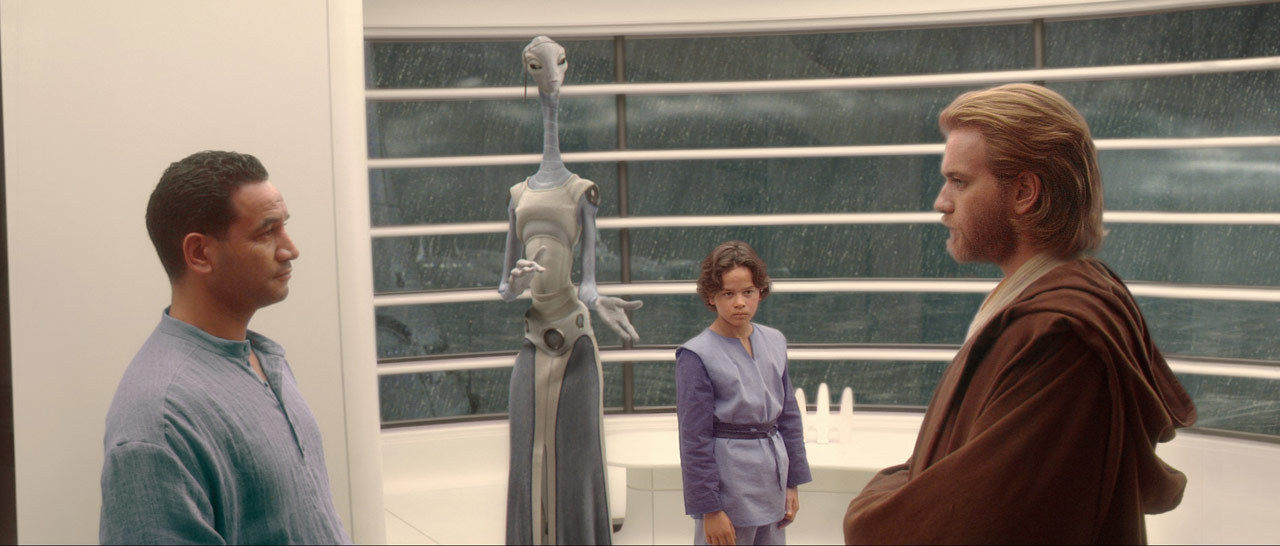
Raised as Jango’s son, Boba learned the combat skills necessary to one day become a bounty hunter in his own right.
Boy, that’s a lot. Boba was a clone, but raised as a human child by his father, Jango.
But again, why did he end up this way? Is it because he is just a copy of his dad? Or is it because of what Jango taught him? Here’s where the psychology stuff comes in, folks.
This argument is one that has been raging for literally centuries. The phrase, “Nature and Nurture” has been in use since the Elizabethan period. Nature and Nurture boiled down is essentially attempting to discover what is responsible for an individual’s behavioral traits. On one hand, you have a person’s innate qualities, or Nature. On the other, you have an individual’s personal experiences, or Nurture.
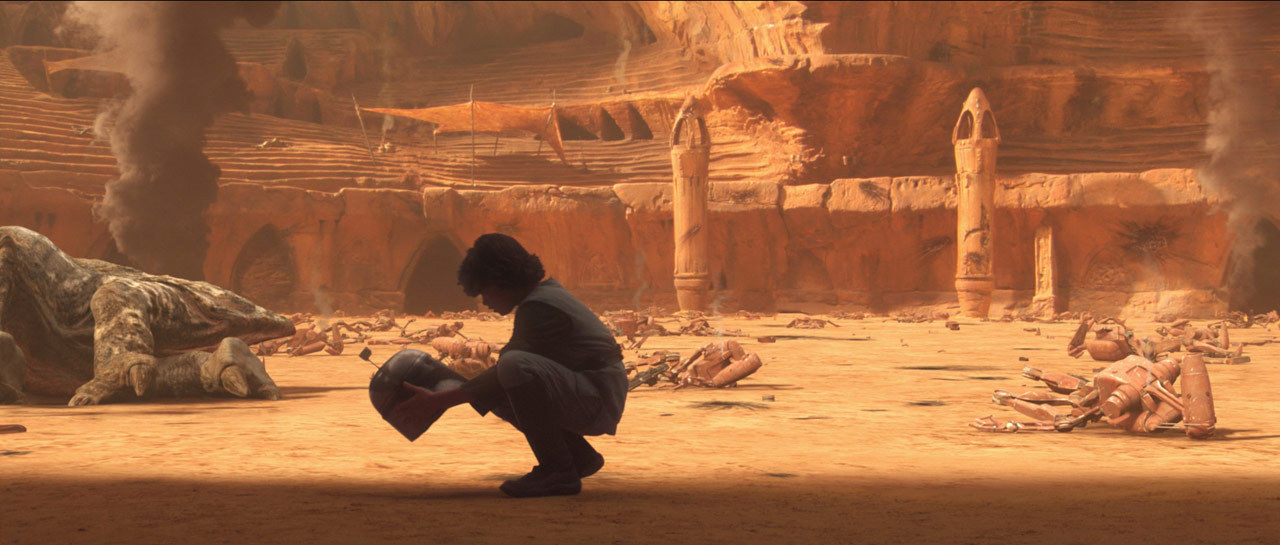
Over the years, some have thought this was an all-or-nothing discussion. For example, John Locke came up with the phrase tabula rasa, or blank slate. (Calm down, Losties) His idea was that we were born without any imprinting at all, and our experiences make us who we are.
Similar to this, the original behaviorist, John Watson, stated “Give me a dozen healthy infants, well-formed, and my own specified world to bring them up in and I’ll guarantee to take any one at random and train him to become any type of specialist I might select – doctor, lawyer, artist, merchant-chief and, yes, even beggar-man and thief, regardless of his talents, penchants, tendencies, abilities, vocations, and race of his ancestors.” Strong words, Dr. Watson.
On the other side, there were devotees of Charles Darwin, such as Francis Galton, leaned much heavier on the side of heritability regarding these behavioral traits. There was also great opposition to the blank slate idea in the 1970s. This was due to twin studies, which showed that many behavioral traits could be tied at least 40-50% because of heritability.
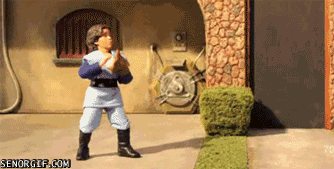
For many years, there was debate between these two sides, but now, times have changed. According to a survey from 2014, most scientists believe that this dichotomous, all-or-nothing approach is both outdated and not scientifically supported. Instead, nature and nurture are inextricably linked.
In some fields, it is believed that nature and nurture affect one another so much, that it cannot be determined where one begins and one ends. In fields such as epigenetics (the study of how environment affects organisms), the division between acquired traits and inherited ones are nearly impossible to tease apart.
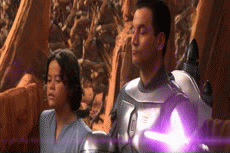
Ok, so back to our hero (kind of), Boba Fett. Poor kid never had a chance. Let’s look at first, his nature, and then his nurture.
Here’s the nature portion of the argument. First of all, he had a dad, who just happened to be a vicious bounty hunter. Also, there is no mother. Boba is literally a clone of dad. As far as empathy and goodness, and any other fine, good, upstanding qualities, he was not going to get that from his gene pool.
If behavior and life was all nature, this kid was going to be a mess from day one. Of course, there is a gap here. We don’t know about Jango’s parents. Is his employment as a ruthless bounty hunter due to his genes, or due to his own mistreatment at a young age? Who knows?
And now, the nurture segment. As we mentioned, nurture is life experiences. When we talk about this, we are usually thinking of attachment to our parents, friendships, care, consideration, empathy, all of these experiences. Unfortunately, from what we see, Boba does not actually have a lot of experiences.
He has one parent. He has no friends. He seems to have no interactions outside of his home on Kamino. Basically, he is at his father’s whim. Because of this, most, if not all, of his experiences are not going to be particularly pleasant.
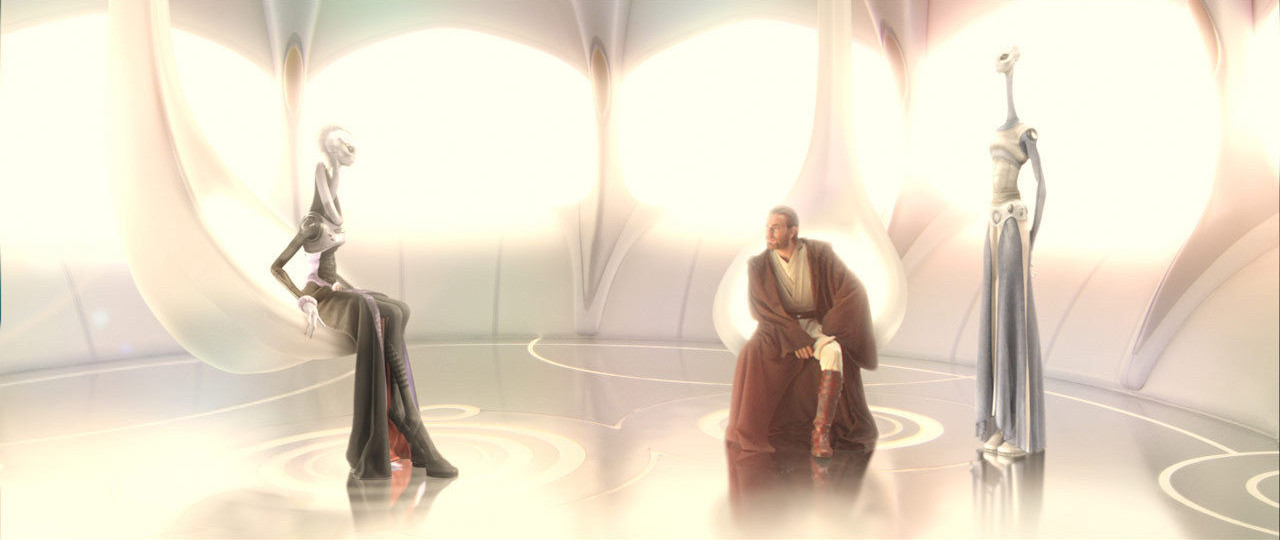
Sure, he may have gotten some care and consideration from Jango, maybe even love. But he sure didn’t learn empathy, or social skills for that matter. This all leads to a pretty disturbing child, who has no qualms about killing a stranger.
Sure, it was to protect his dad, but I have trouble imagining a child doing this without question. Unless of course, through his nurturing father, he was taught to keep these secrets at all costs. Even if that meant killing someone.
Wow, that’s pretty rough, actually.
So, is it nature or nurture? Remember this, people: In anything in life with two choices like this, there are two possible answers. It’s either both or it depends. In this case, I think it is pretty obviously both. However, I think, based on Boba’s cold, calculating movements and his willingness to be this violent at a young age, we can pin most of the blame on dear old Dad and Nurture.
WHAT DO YOU THINK: NATURE OR NURTURE?

